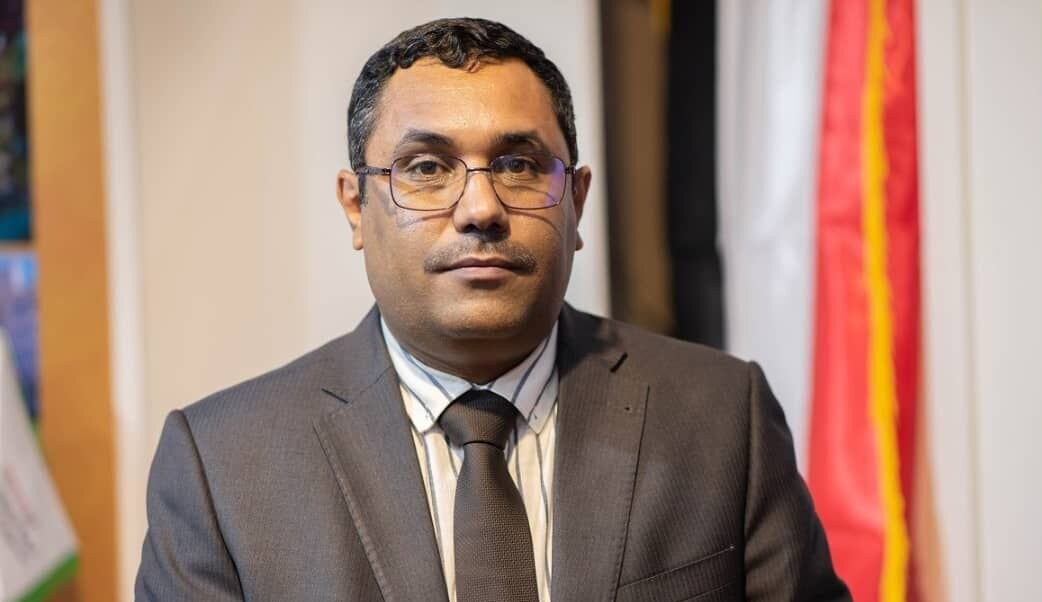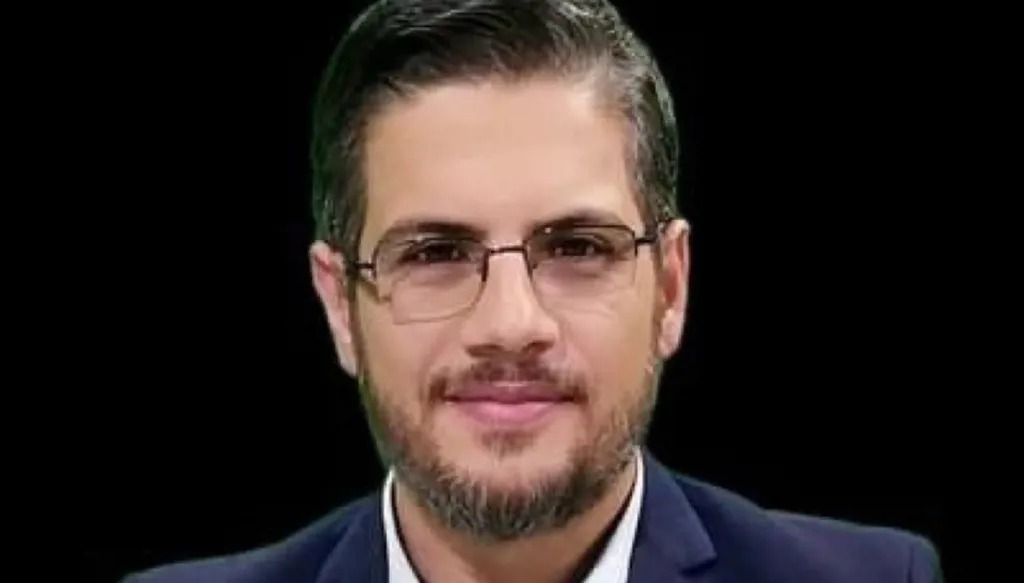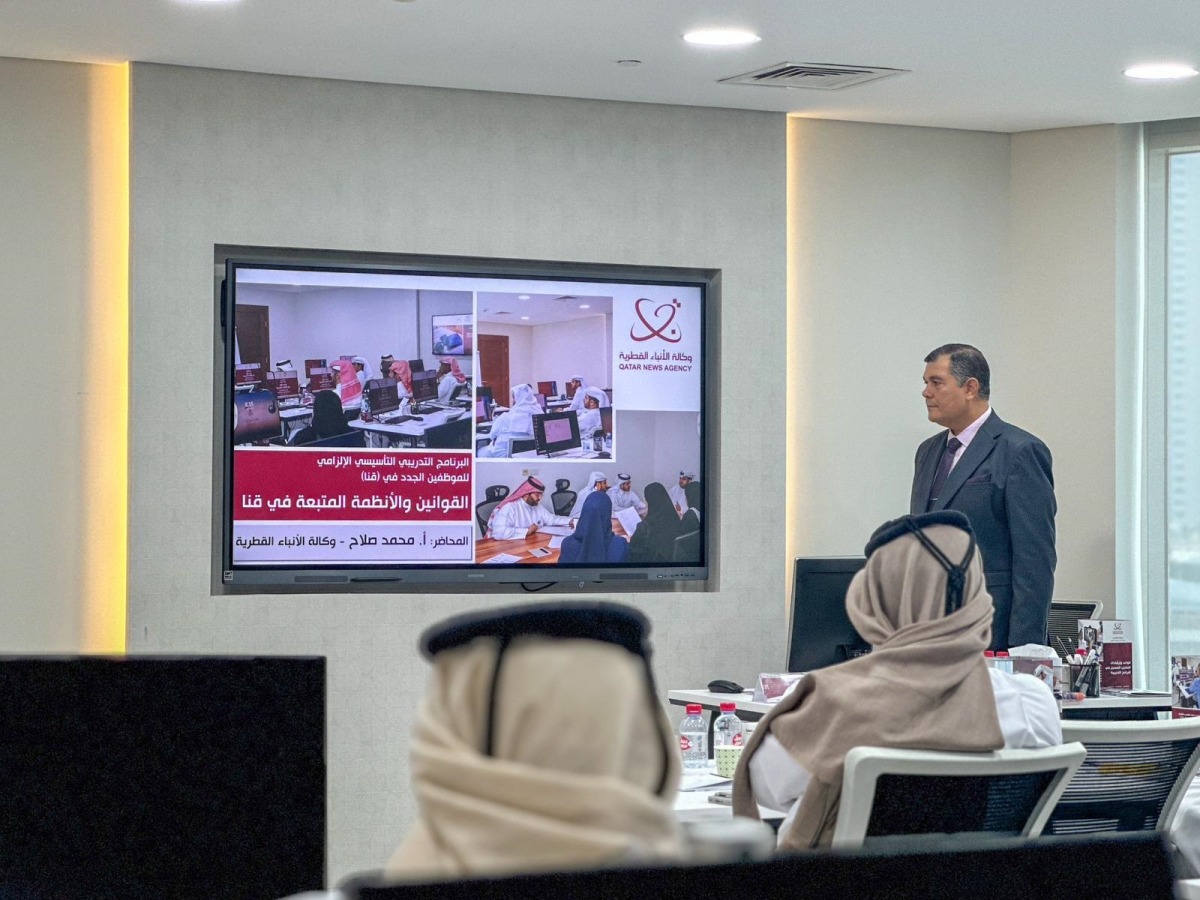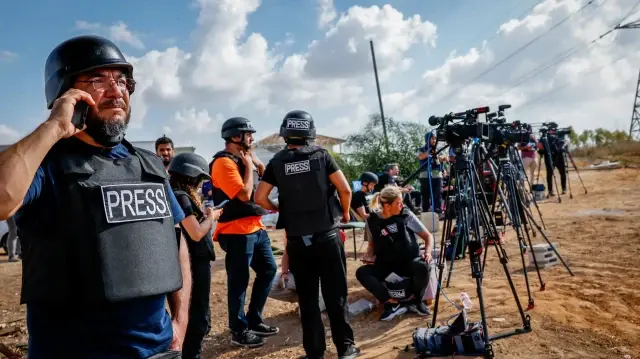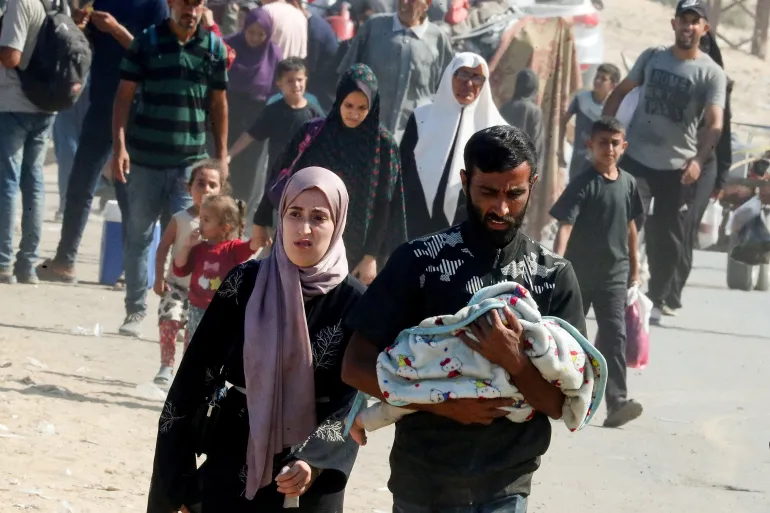
UN Commission Concludes Israel Committed Genocide in Gaza
September 16, 2025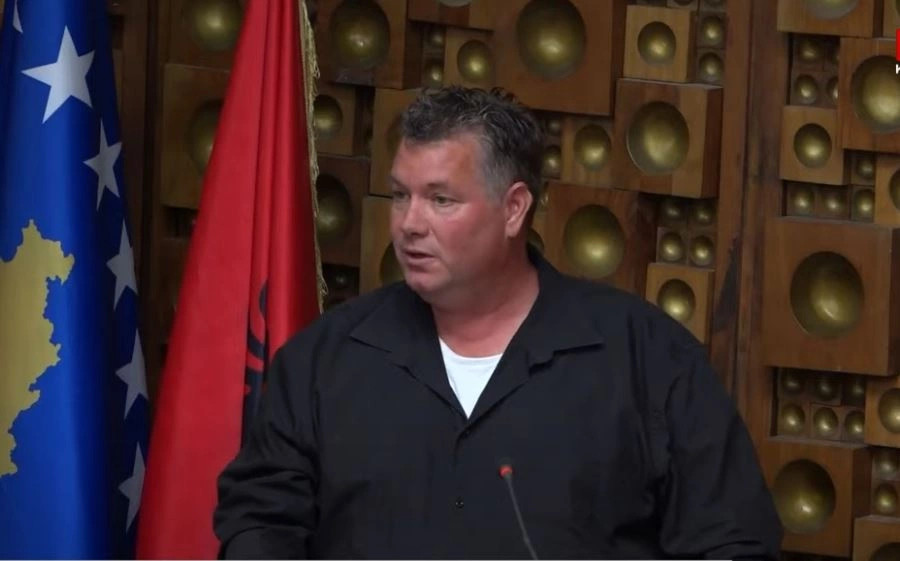
Danish Photojournalist Offers to Testify on Alleged War Crimes by Serbia in Kosovo
September 17, 2025September 16, 2025 – Yemen/Palestine-
A Yemeni expert has accused Israel of deliberately targeting journalists and media outlets in Yemen in what he calls “Gaza-style raids,” following airstrikes on the offices of two prominent newspapers: 26 September and Yemen. These attacks reportedly killed 32 journalists and media staff.
Abdulrahman Rajeh, a Yemeni journalist and analyst, described the strikes as a grave violation of international law. He emphasized that the targeted buildings were civilian locations, housing media workers who were performing professional duties, and had no military function. The attack, he argues, constitutes a war crime under provisions that protect journalists and civilian infrastructure in conflict zones.
Rajeh said the strikes serve political objectives: undermining the voice of the Ansarallah movement, silencing criticism, and instilling fear among Yemen’s population. He claims Israel is using these raids to degrade public morale and to send a message that no voice of dissent will be tolerated.
Drawing parallels with earlier Israeli tactics in Gaza, Rajeh warned that the strategy of targeting civilian and cultural institutions extends beyond Yemen. He pointed to attacks on non-military infrastructure, such as banks, museums, power stations, even locations purely symbolic, as part of an effort to intimidate populations and suppress media reporting.
The impact on press freedom is serious. Rajeh argues that such attacks degrade the ability of the media to report, reduce independent journalism, and create an environment where fear leads to self-censorship. He criticized global silence and lack of strong responses from international institutions, saying that without accountability, Israel and other states will continue such practices unchecked.
In conclusion, Rajeh calls for international condemnation, legal accountability, and stronger protection for journalists everywhere. He urges media organizations to amplify coverage of these attacks so that the world does not treat them as isolated incidents, but as part of a broader pattern that threatens journalism, freedom of expression, and human rights.
References –

